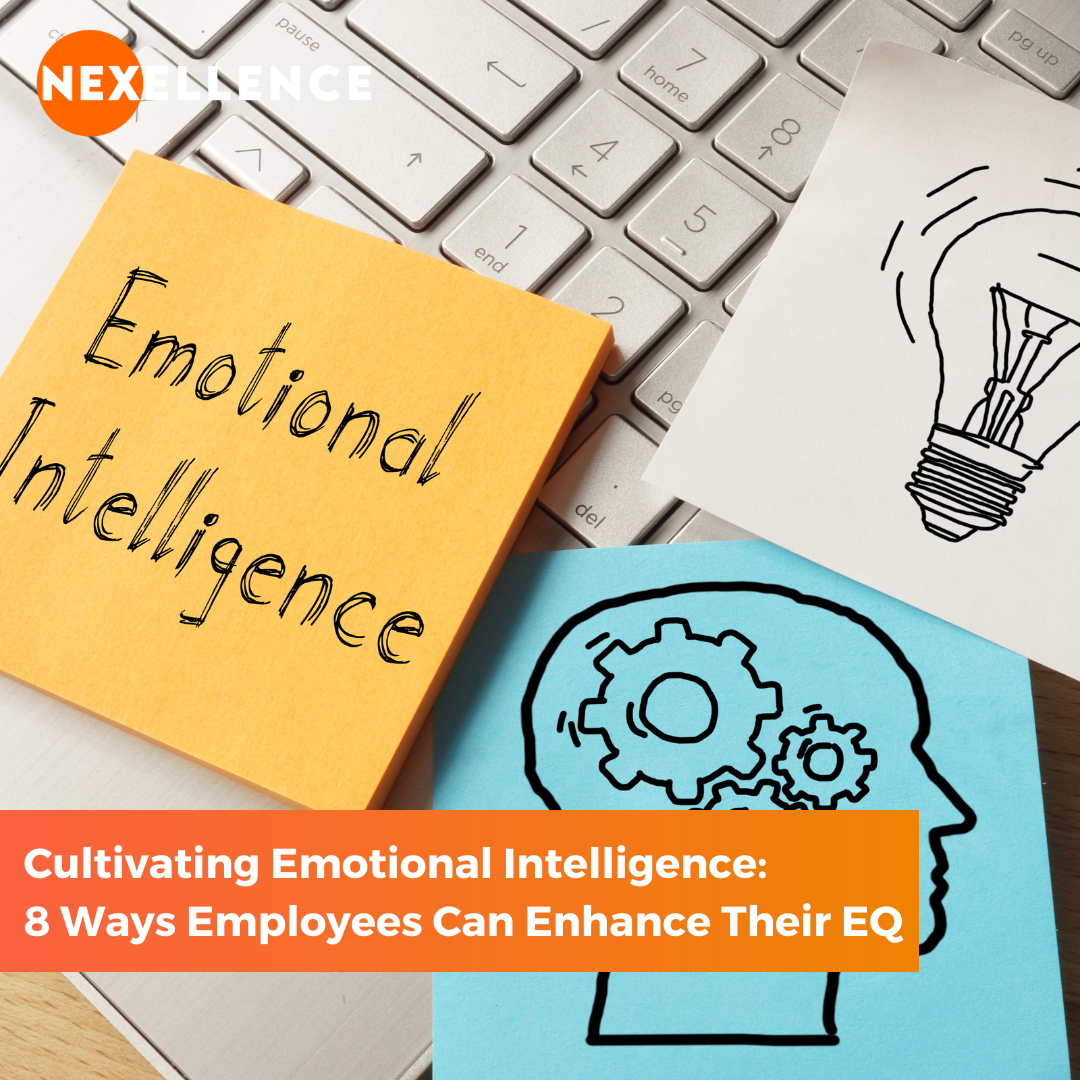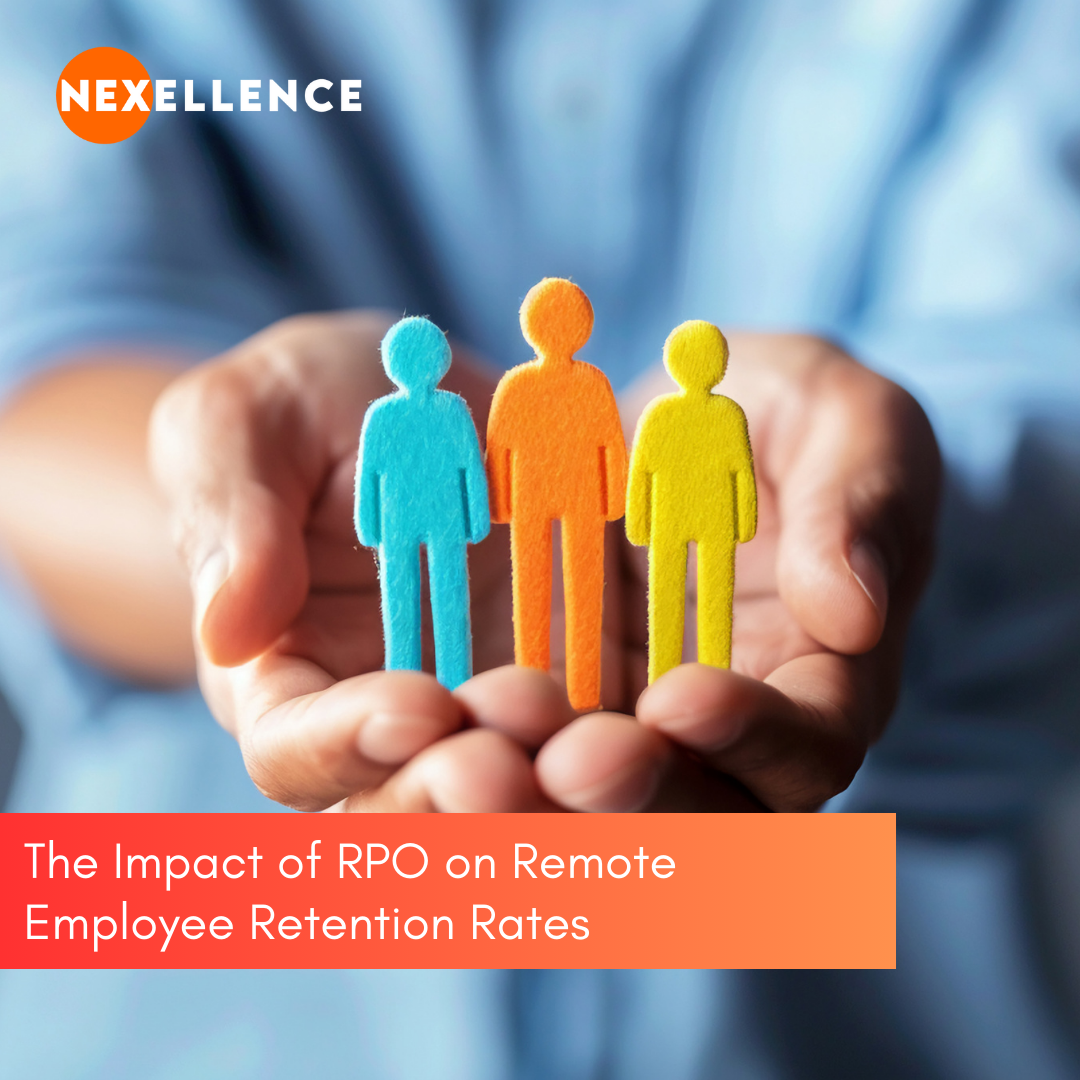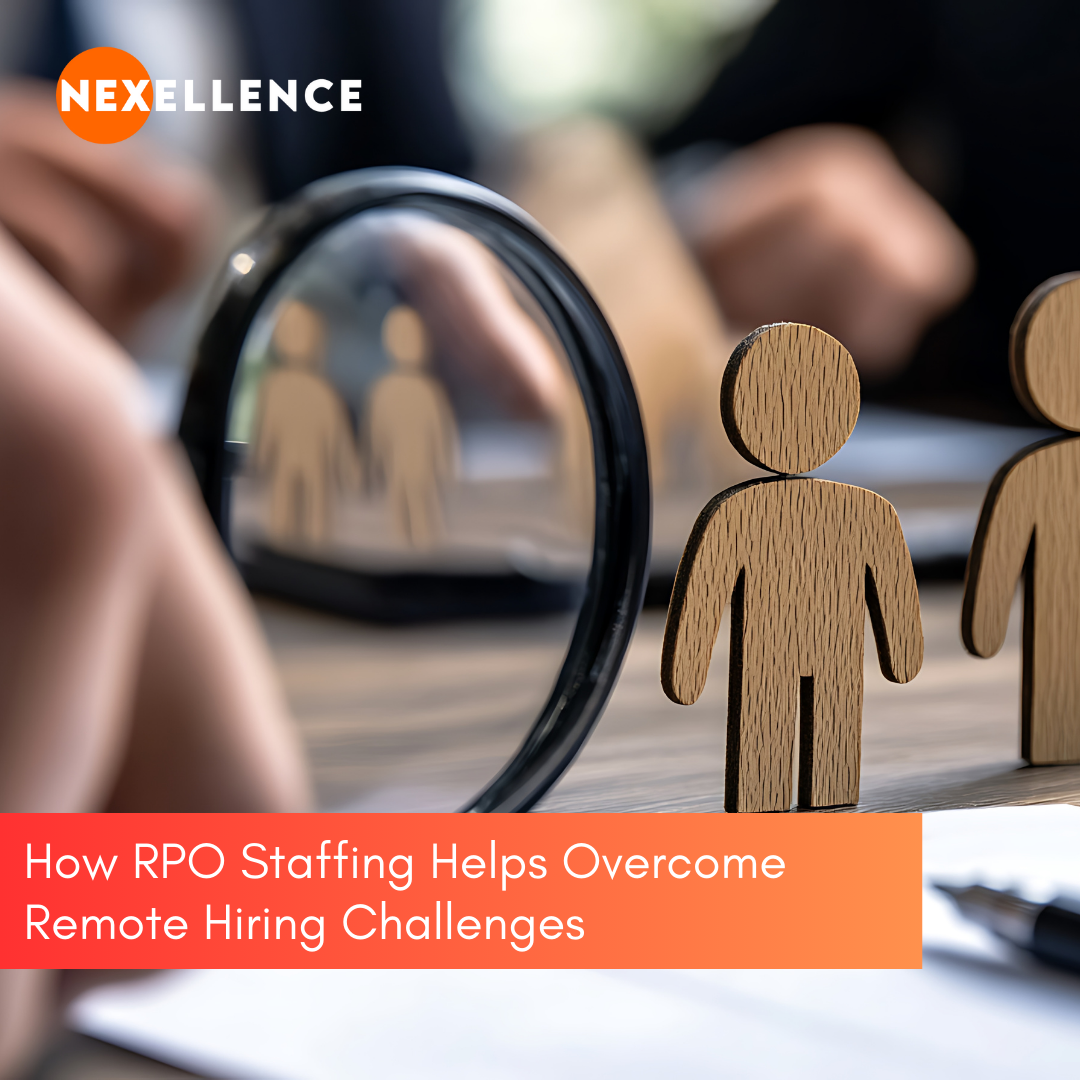In today’s workplace, technical skills and academic qualifications are no longer the sole predictors of success. Employers increasingly value emotional intelligence (EQ) – the ability to recognize, understand, and manage emotions – as a crucial attribute for professional growth and effectiveness. Fortunately, EQ is a skill that can be developed and honed over time. In this blog, we’ll explore eight practical ways in which employees can improve their emotional intelligence and thrive in their careers.
1. Self-awareness
Start by developing a deep understanding of your own emotions, triggers, and behavioral patterns. Take time for self-reflection and journaling to identify your strengths, weaknesses, and areas for improvement. Pay attention to your thoughts, feelings, and reactions in various situations, and strive to become more aware of how they impact your behavior and decision-making.
2. Self-Regulation
Practice self-control and emotional regulation by learning to manage your impulses and reactions effectively. When faced with challenging situations or conflicts, pause and take a moment to assess your emotions before responding. Practice techniques such as deep breathing, mindfulness, or visualization to calm yourself and maintain composure in stressful circumstances.
3. Empathy
Cultivate empathy by putting yourself in others’ shoes and understanding their perspectives, feelings, and experiences. Actively listen to colleagues, clients, and stakeholders without judgment, and seek to understand their emotions and concerns. Practice empathy in your interactions by validating others’ emotions, offering support, and showing genuine compassion.
4. Social Skills
Develop strong interpersonal skills by improving your communication, collaboration, and relationship-building abilities. Focus on active listening, clear and assertive communication, and effective conflict resolution. Build rapport with colleagues through genuine connections, mutual respect, and trust. Invest in networking opportunities to expand your professional relationships and cultivate a supportive network.
5. Conflict Resolution
Learn to navigate conflicts and disagreements constructively by employing problem-solving and negotiation skills. Approach conflicts with an open mind and a willingness to understand the underlying issues. Practice active listening, empathy, and compromise to find mutually acceptable solutions that address the needs and interests of all parties involved.
6. Adaptability
Cultivate adaptability and flexibility in response to change and uncertainty in the workplace. Embrace new challenges, roles, and responsibilities with a growth mindset and a willingness to learn and adapt. Be open to feedback and constructive criticism, and view setbacks as opportunities for growth and development.
7. Stress Management
Develop effective stress management techniques to cope with the demands and pressures of the workplace. Prioritize self-care activities such as exercise, mindfulness, and relaxation techniques to recharge and rejuvenate. Set boundaries to maintain a healthy work-life balance and prevent burnout. Seek support from colleagues, mentors, or mental health professionals when needed.
8. Continuous learning
Finally, commit to lifelong learning and personal development to enhance your emotional intelligence and professional skills. Stay curious and curious about new ideas, perspectives, and experiences. Invest in training, workshops, and courses focused on emotional intelligence, communication, leadership, and interpersonal skills. Seek feedback from peers, supervisors, and mentors to identify areas for growth and improvement.
In conclusion, developing emotional intelligence is a journey that requires self-awareness, practice, and continuous learning. By focusing on self-awareness, self-regulation, empathy, social skills, conflict resolution, adaptability, stress management, and continuous learning, employees can enhance their EQ and thrive in their careers. As organizations increasingly recognize the value of emotional intelligence in the workplace, employees who invest in developing these skills will position themselves for success and fulfillment in their professional lives.





